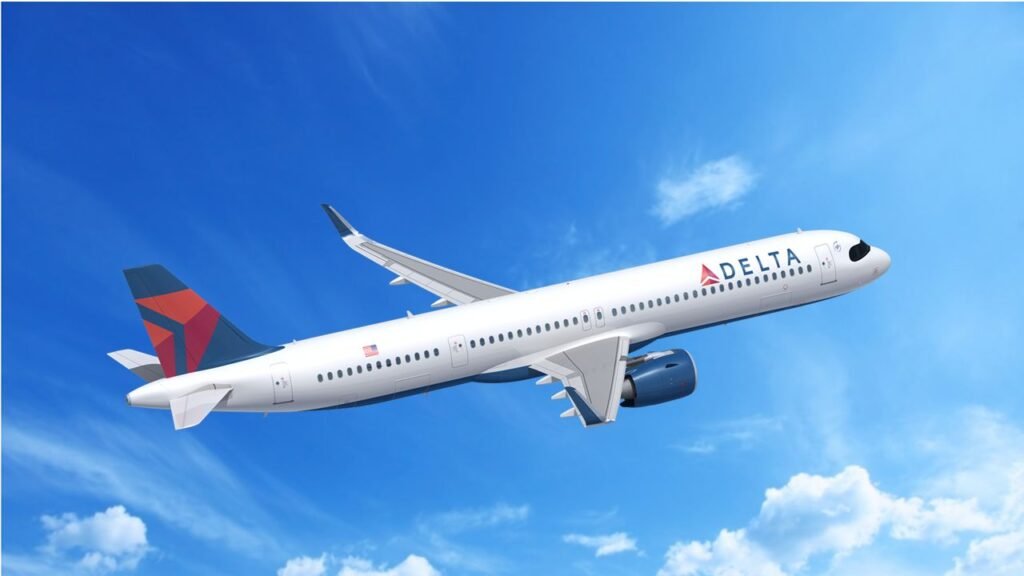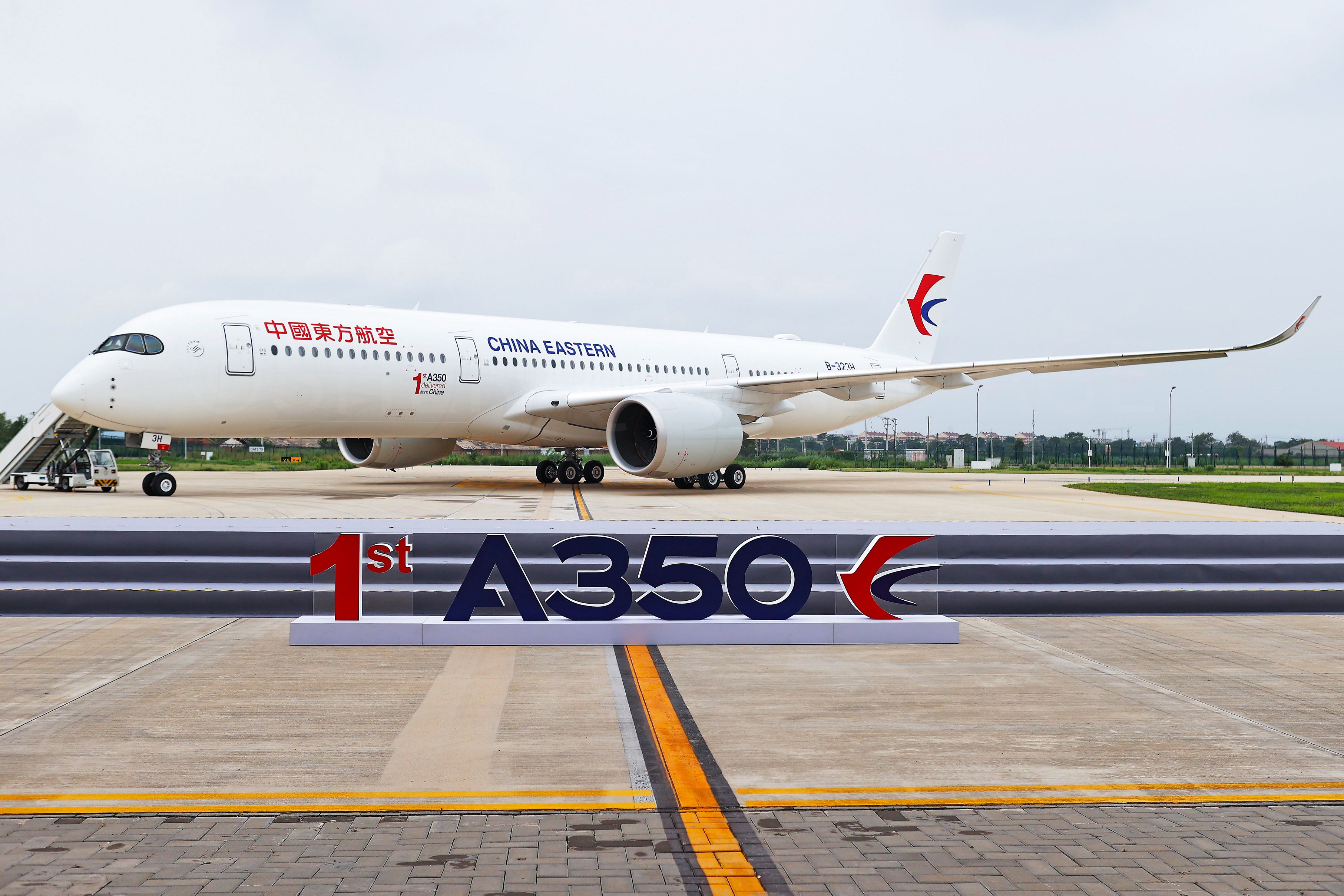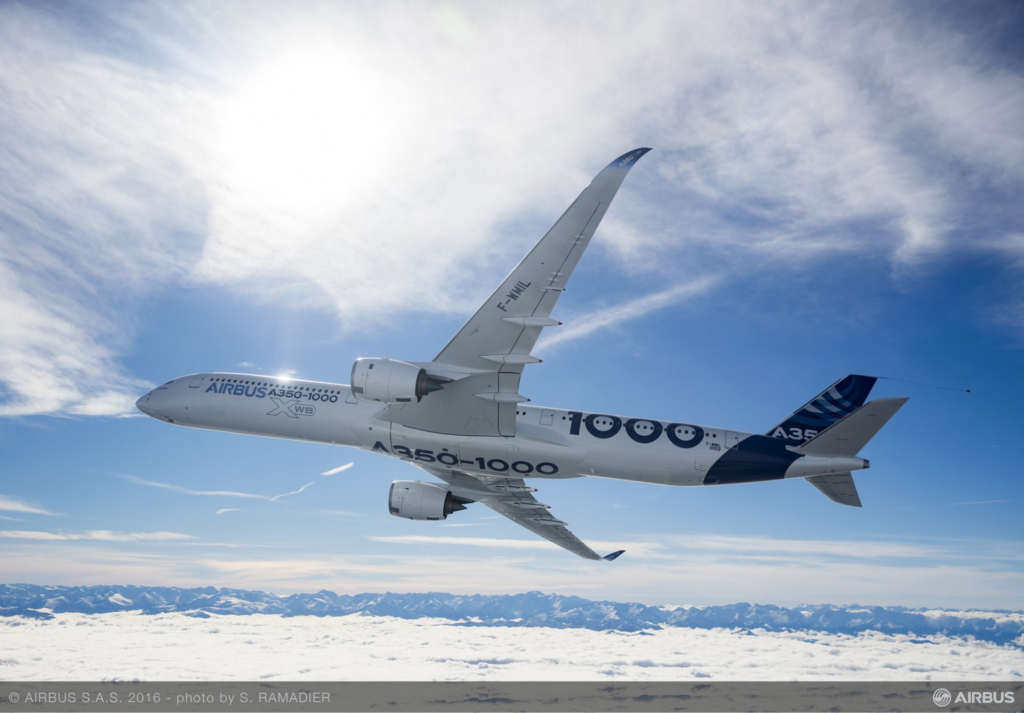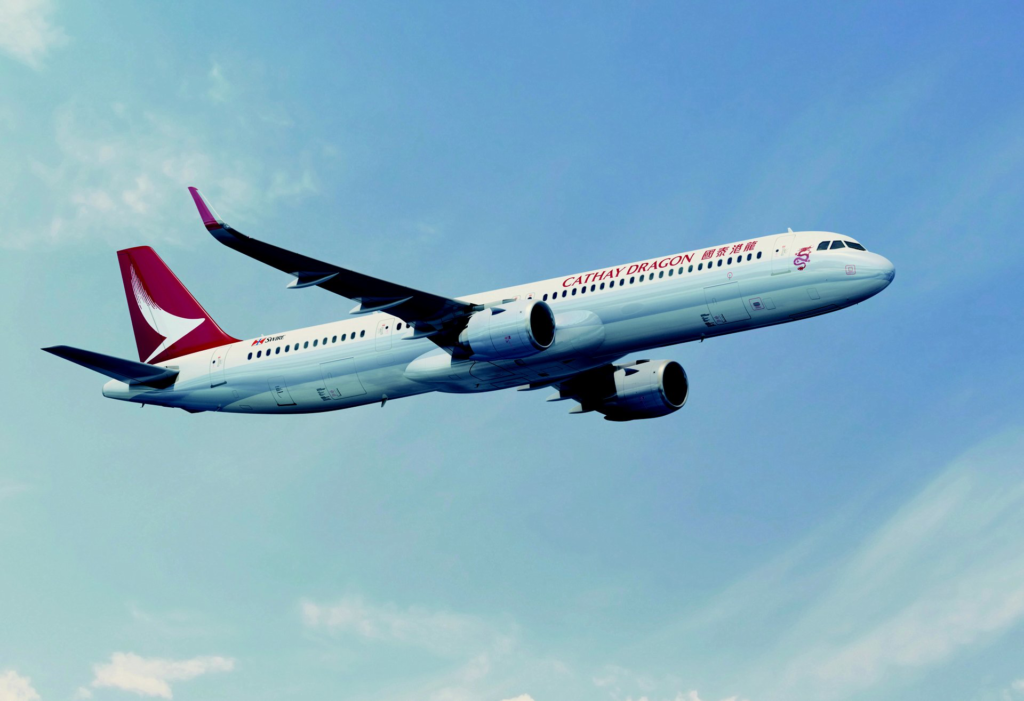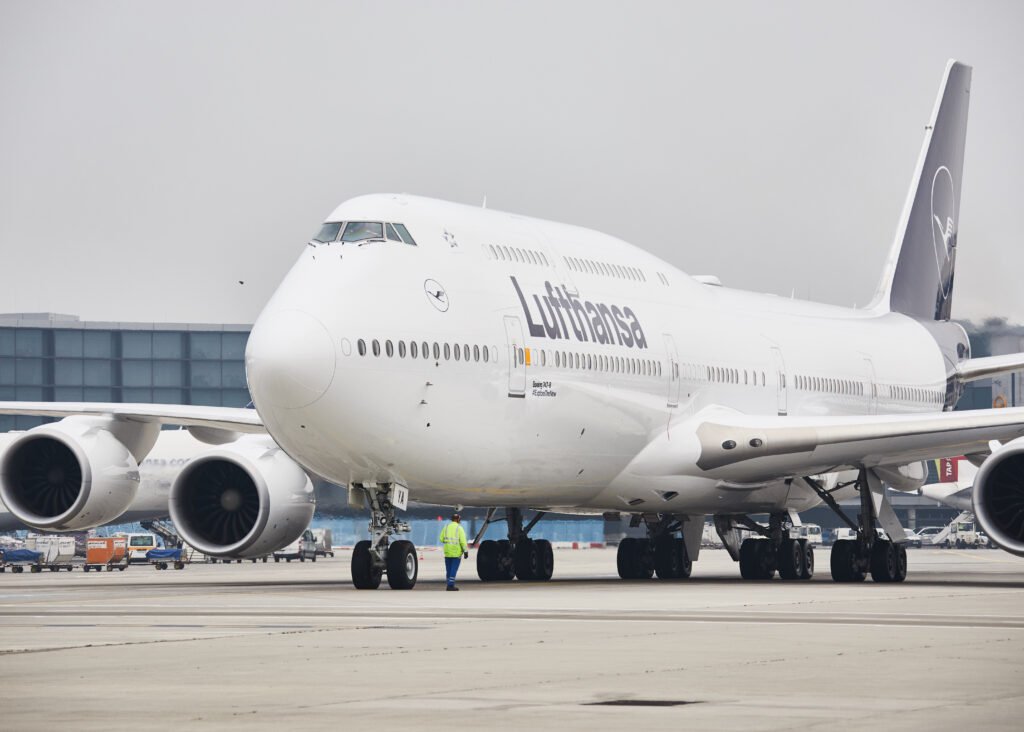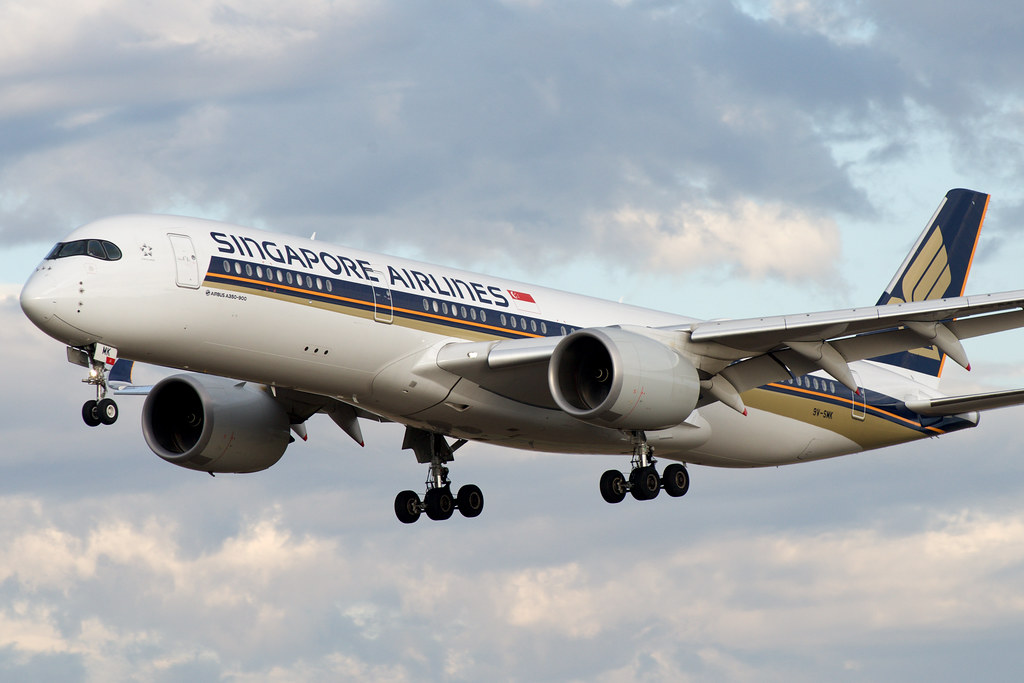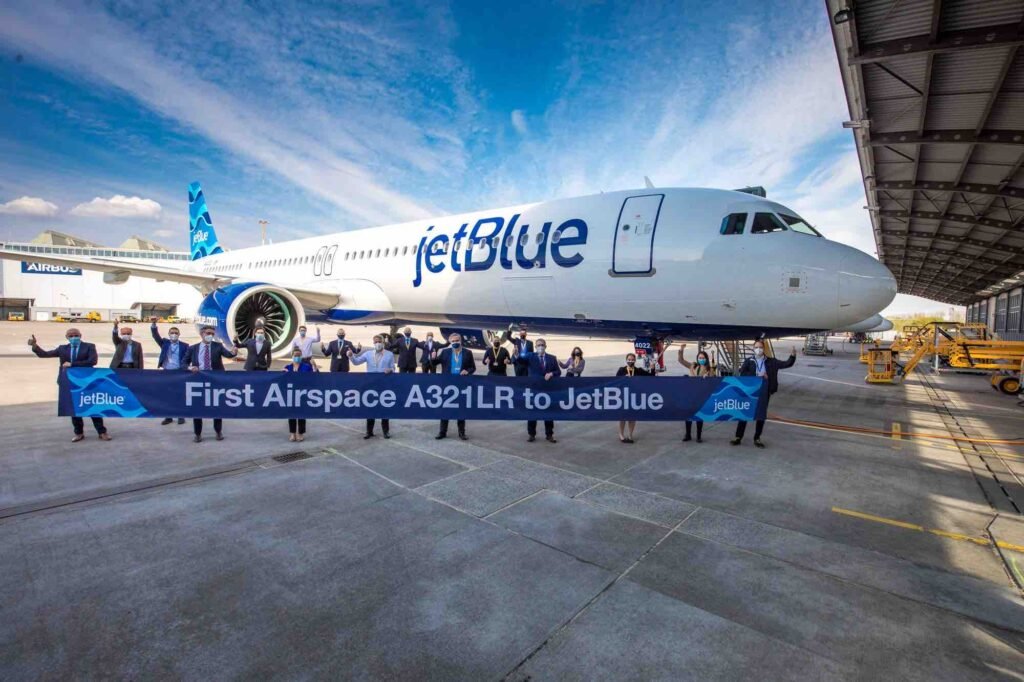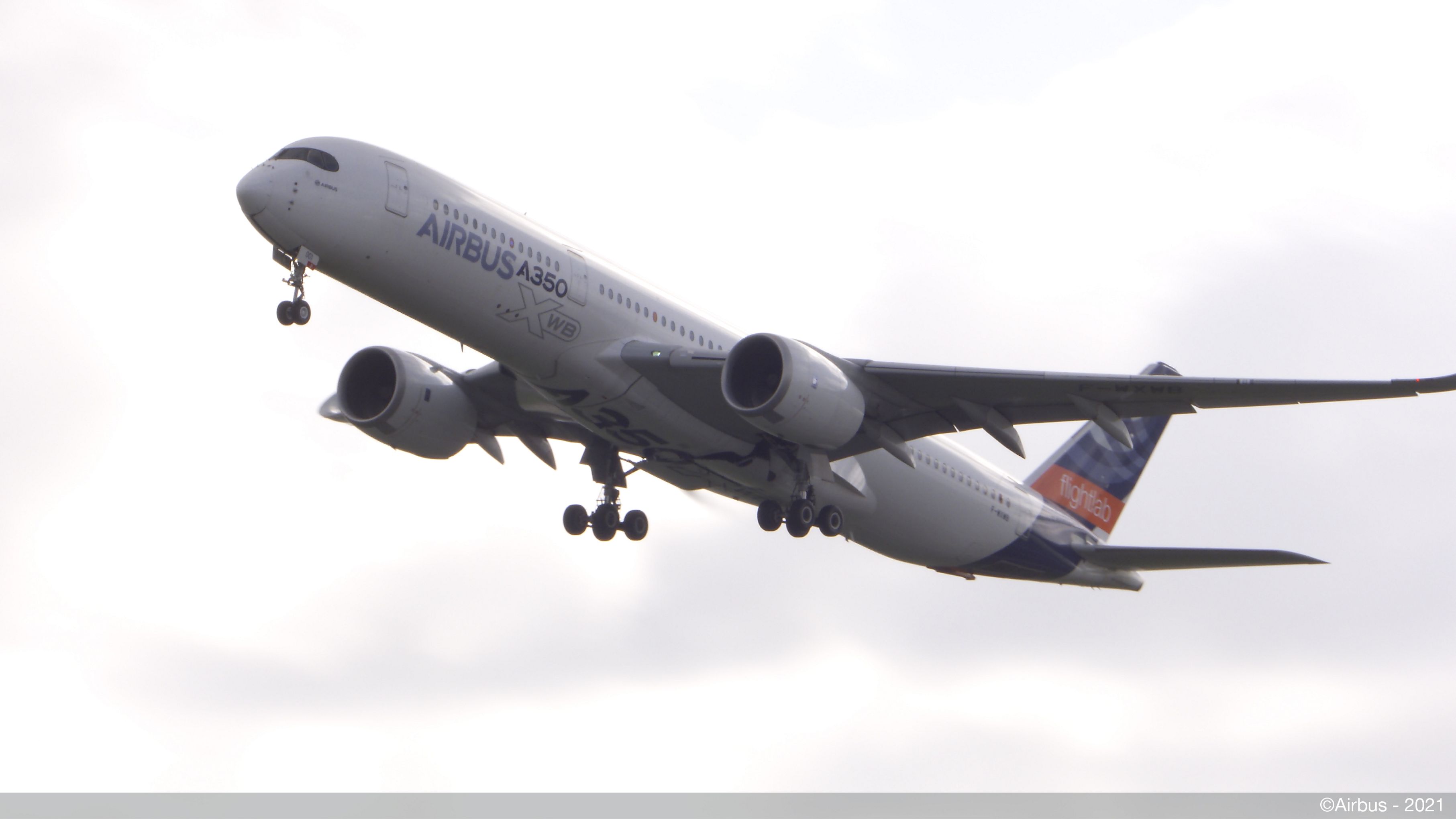Delta Air Lines Orders Additional 30 Airbus A321neo Aircraft
Herndon, VA, August 24, 2021 – Delta Air Lines has ordered 30 additional Airbus A321neo aircraft to help meet the airline’s future fleet requirements. The newly-ordered aircraft are in addition to the airline’s existing orders for…
